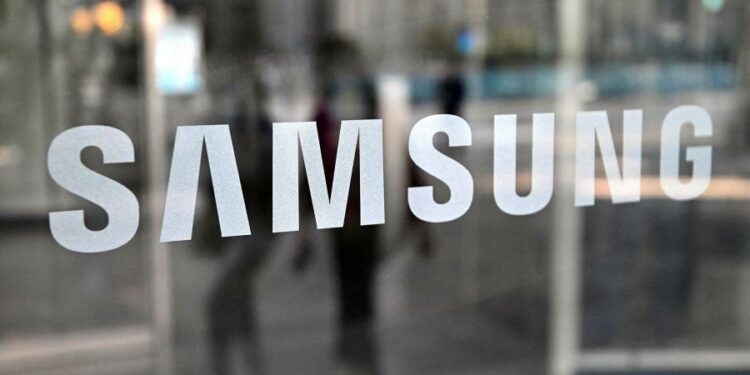Samsung Electronics has reshuffled its management for the first time in four years as it steps up its push into non-memory chips and artificial intelligence.
The shake-up comes as Lee Jae-yong, the group’s third-generation heir, has started playing an active management role four months after being released from prison.
Lee, who spent 19 months in jail for bribing former president Park Geun-hye, still faces charges of stock manipulation linked to the 2015 merger of two Samsung units engineered to consolidate his control.
He is expected to meet customers of Samsung’s 5G telecommunications and construction businesses on a trip this week to the Middle East following a high-profile visit to the US last month.
After Lee’s trip, Samsung announced it would build a $17bn chip plant in Texas to help Washington expand US chip production, a national security priority for Joe Biden’s administration.
Lee’s shake-up outlined on Tuesday included merging Samsung’s consumer electronics and mobile divisions to take on competitor Apple, which boasts a fully integrated line of devices. He promoted Han Jong-hee, head of Samsung’s visual display business, to take charge of the new division.
Han, an expert in television research and development, has played a critical role in maintaining Samsung’s leadership in the global TV market for the past 15 years, and helped the group achieve explosive sales growth during the coronavirus pandemic.
“Lee seems to want Han’s TV expertise to be used for the mobile business including foldable phones as Samsung’s mobile division loses its market share,” said Kim Young-woo, an analyst at SK Securities. “They also want to create synergies by integrating devices.”
Kyung Kye-hyun, chief executive of affiliate Samsung Electro-Mechanics, will head the chip business, which accounts for almost two-thirds of the company’s operating profit.
Samsung is working to strengthen its non-memory chip business as the company struggles to catch up with Taiwanese rival TSMC in contract chip manufacturing. Non-memory chips are used for processing data such as application processors in smartphones.
Kyung is a memory chip design expert with experience in chip packaging. “His design and packaging expertise in chip manufacturing could help Samsung focus on making new chipsets for artificial intelligence or self-driving,” said Kim.
Soon after Lee was paroled in August, Samsung Group announced a three-year, $206bn investment plan to expand its footprint in semiconductors, biopharmaceuticals, artificial intelligence and robotics.
Samsung shares gained 0.66 per cent on Tuesday morning but have fallen about 15 per cent from a January peak on investor concern about possible microchip oversupply next year and a lack of a clear long-term growth strategy.
The company is also facing growing investor pressure for more efficient capital allocation as its cash pile hit $102bn in the third quarter, putting its potential capacity for megadeals on a par with SoftBank’s Vision Fund, the tech investment vehicle.











